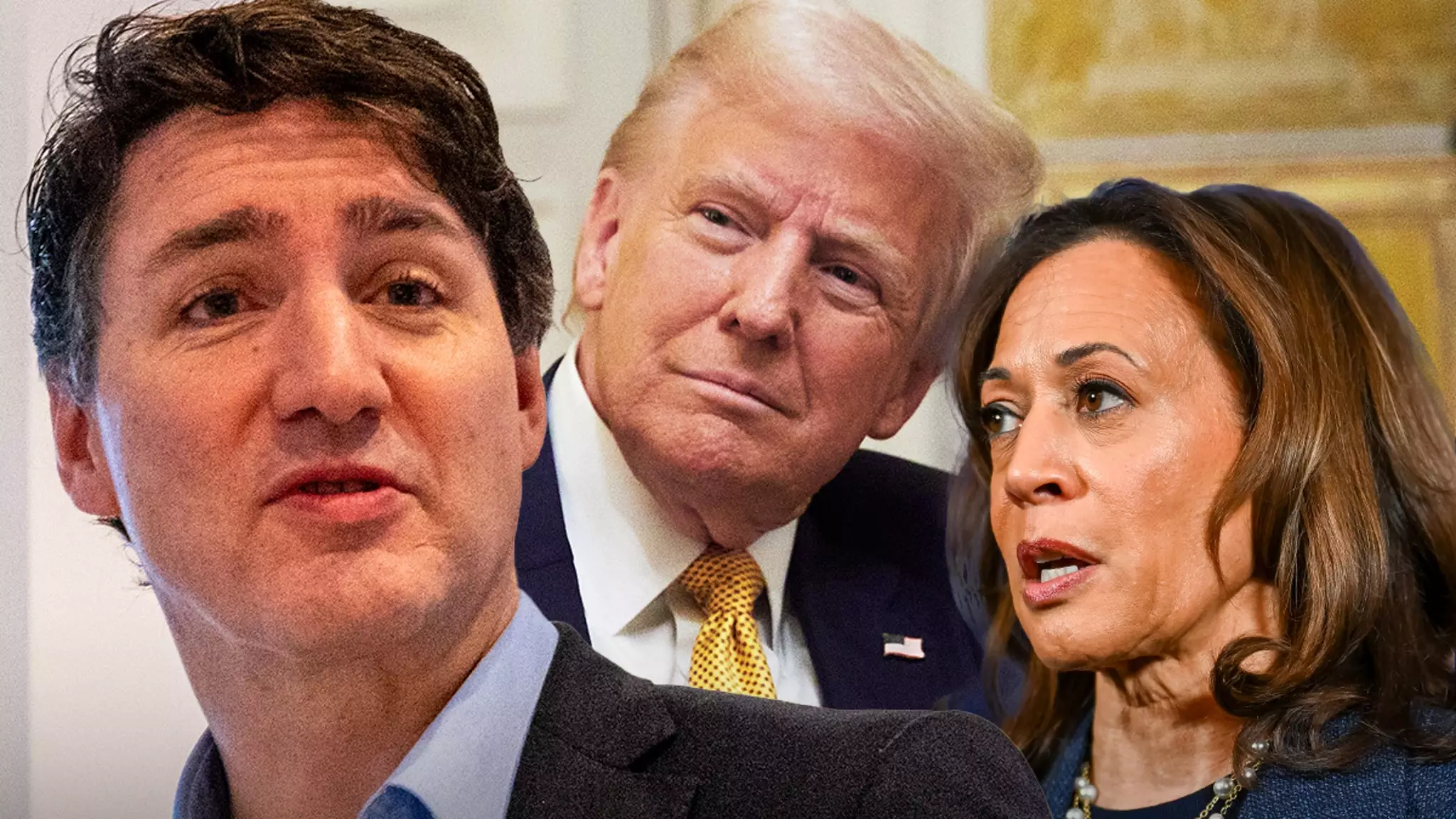In a recent speech at the Equal Voice Foundation, Prime Minister Justin Trudeau drew a stark contrast between gender dynamics under Donald Trump and the potential seen in the leadership of Kamala Harris. His comments have sparked extensive debate regarding the state of feminism not just in Canada, but also in the United States. Trudeau’s assertion that Harris would have been a more favorable figure for women’s rights than Trump reflects his discontent with the current political landscape in the U.S. where women’s representation and equality appear to have stagnated.
Trudeau has long positioned himself as a staunch advocate for feminism and gender equality. His comments serve not only to reaffirm his self-identification as a feminist but also to criticize the setbacks he perceives to have occurred under Trump’s administration. The Prime Minister pointed out that America’s recent choice in leadership, which saw the rejection of a second female presidential candidate from a major party, signifies a broader regression in gender rights. While his analysis aligns with the perspectives of many advocates for gender equality, it also invites scrutiny about the complexities inherent in women’s voting behaviors, particularly given that Trump gained a significant share of female votes in the election.
The notion that Trump’s presidency has harmed women’s rights is not universally accepted. Many women supported Trump, with approximately 45% of women casting their votes in his favor. This statistic serves as a crucial reminder of the multifaceted nature of female political allegiance. Factors such as economic concerns, policy preferences, and individual values complicate the narrative that a female leader would automatically be more supportive of women’s rights. As such, Trudeau’s sweeping assertions may overlook the nuanced realities that inform the decisions of women voters in the U.S.
Trudeau’s critique operates within a broader geopolitical context that is fraught with complexities. His relationship with Trump has been turbulent, characterized by mutual disrespect and differing ideologies. The Prime Minister’s comments can be interpreted as a diplomatic maneuver, subtly inviting Canadian sensibilities into the discussion while navigating the precarious political landscape with an adversarial leader. His remarks emphasize the connection between political representation and societal progress, signaling a continued commitment to advocating for women’s rights.
In addressing these issues, Trudeau is not only expressing disappointment but also challenging Canadian and American audiences—encouraging a closer examination of the implications surrounding women’s rights in politics. His statements prompt a larger conversation regarding the effectiveness of leadership styles and the impact they have on gender equity. Trudeau’s perspective reflects an urgent call for advocates on both sides of the border to remain vigilant in safeguarding and promoting the advancement of women’s rights, regardless of who occupies the highest offices in government.
Through this nuanced landscape of political interactions, it becomes clear that the push for gender equity necessitates vigilance, discourse, and advocacy on multiple fronts.

